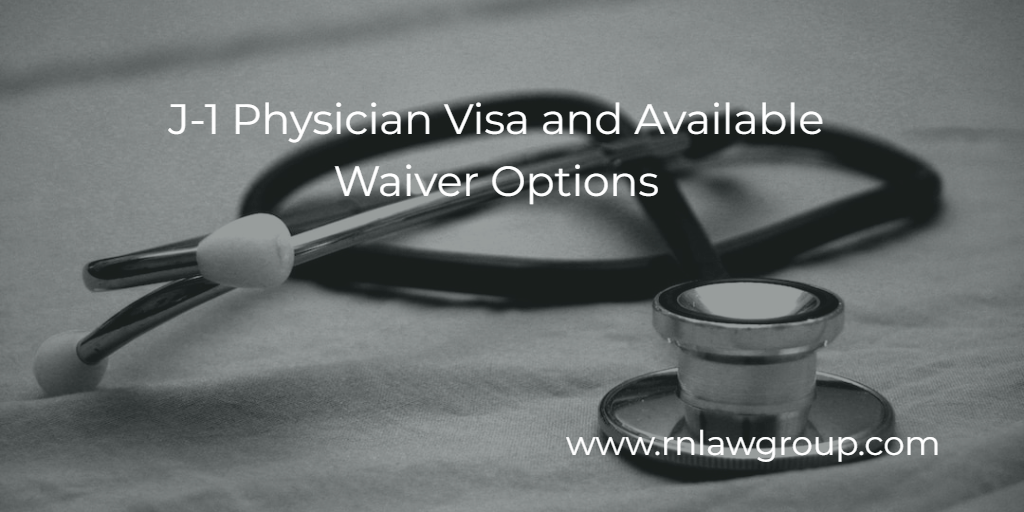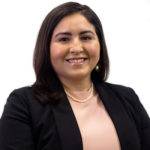
J-1 Physician Visa and Available Waiver Options
The J-1 Physician Visa is a type of nonimmigrant visa intended for foreign medical graduates who are seeking to participate in a residency or clinical training exchange programs in the United States. The J-1 visa program is intended to promote cultural exchange and mutual understanding between countries by allowing medical professionals to gain experience in the U.S. healthcare system.
To be eligible for a J-1 Physician Visa, an individual must meet the following requirements:
- Sponsorship: The applicant must be sponsored by a government agency, academic institution, or medical facility that is approved by the United States Department of State. This sponsorship demonstrates that the applicant has been vetted and that the program is reputable and of high quality.
- Medical degree: The applicant must have a medical degree from a foreign medical school that is recognized by the World Health Organization. This ensures that the applicant has the necessary education and training to participate in a residency or clinical training program in the United States.
- Residency or clinical training program: The applicant must have a valid offer of a residency or clinical training program in the US.
- English proficiency: The applicant must demonstrate proficiency in the English language. This is essential because effective communication is crucial in the healthcare field, and the ability to understand and speak English is essential for patient safety.
Typically, once the educational residency or clinical training exchange program has been completed, the J-1 nonimmigrant may be required to return to their home country for a minimum of two years before they can travel back to the United States on the basis of a different visa type and later apply for permanent resident status. The individual must either complete this two-year home-country residency requirement or obtain a waiver in order to circumvent this requirement.
In order to obtain a J-1 Waiver it is important to first ensure that the individual actually meets the J-1 visa requirements enumerated above. Secondly, because there are several agencies that are responsible for granting J-1 Waivers, including the Department of State and the Department of Homeland Security, it is necessary to determine which agency is responsible for the specific J-1 visa situation. Additionally, in select cases, the J-1 Physician may need to obtain certification from the relevant state department of health before applying for a J-1 Waiver.
The process to apply for a Waiver requires submitting a J-1 Waiver application, Form DS-3035, either online or via mail, along with supporting documents and fees, to the relevant agency. The application should include a detailed explanation of the hardship that the individual J-1 Physician would face if they were required to return to their home country after completing the residency or clinical training program. This hardship may include financial difficulties, cultural and linguistic barriers, or other factors that would make it difficult for the applicant to continue practicing medicine in their home country.
After submitting the J-1 Waiver and applicable fees, the relevant agency will review the application and make a decision. The review process can take several months and may involve additional steps, such as an interview or additional documentation. If the Waiver is approved, the J-1 physician will be authorized to stay in the US without having to return to your home country for a specified period of time.
Another Waiver Option is commonly known as the Conrad State 30 Program. The Conrad State 30 Program allows J-1 physicians to apply for a waiver for the two-year home residency requirement upon completing the J-1 program to address the shortage of medical professionals in underserved areas. Although different requirements may apply in different states, the general requirements require that the J-1 physician applicant must:
- Have been admitted to the United States under section 101(a)(15)(J) of the INA to receive graduate medical training;
- Enter into a bona fide, full-time employment contract to practice medicine in H-1B nonimmigrant status for at least 3 years at a health care facility located in an area designated by United States Department of Health and Human Services (HHS) as a Health Professional Shortage Area (HPSA), Medically Underserved Area (MUA), or Medically Underserved Population (MUP) or serving patients who reside in a HPSA, MUA, or MUP.
- Obtain a “no objection” statement in writing from their home country if they are contractually obligated to return to their home country upon completion of the exchange program.
- Agree to begin employment at the health care facility, specified in the waiver application, within 90 days of receipt of the waiver, not the date their J-1 visa expires.
The J-1 Physician Visa is a valuable opportunity for foreign medical graduates to gain experience in the US healthcare system and gain exposure to the latest medical technologies and practices. However, it is important to understand the eligibility requirements and steps to obtain a J-1 Waiver before starting the process. The process for obtaining a J-1 Waiver can be complex, and the requirements and fees can vary depending on the relevant agency. It is advisable to seek the guidance of an employment-based immigration attorney to ensure that the waiver application is complete and accurate.
Reddy Neumann Brown PC has been serving the business community for over 20 years and is Houston’s largest immigration law firm focused solely on U.S. employment-based immigration. We work with both employers and their employees, helping them navigate the immigration process quickly and cost-effectively.
By: Jeanetly Garcia
Jeanetly Garcia advises employers and individuals through all phases of the non-immigrant visa process. As an attorney in the H-1B Department at Reddy Neumann Brown PC she is experienced in filing nonimmigrant petitions and applications for immigrant benefits, as well as, responding to USCIS issued requests for evidence concerning an array of legal issues.

